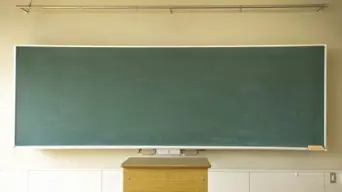SACE decisions in corporal punishment case 'unreasonable, irrational and unconstitutional' - Centre for Child Law
The Centre for Child Law, represented by Section 27, wants the court to order new hearings for the teachers who were never rehabilitated following their action.

Picture: Paylessimages/123rf.com
JOHANNESBURG - The Centre for Child Law has described as “unreasonable, irrational and unconstitutional” decisions taken by the South African Council for Educators (SACE) against two teachers in a corporal punishment case.
The centre approached the Supreme Court of Appeal (SCA) in a bid to set aside the lenient sanctions.
The centre, represented by Section 27, wants the court to order new hearings for the teachers who were never rehabilitated following their actions.
At the heart of the case are two separate incidents at different schools. In the first, a seven-year-old boy was hospitalised after he was hit on the head with a PVC pipe by his teacher in 2015.
In the second incident, a 10-year-old girl was left bleeding from her ears after she was slapped and beaten by her teacher in 2019.
READ: Centre for Child Law squares off with SACE over two corporal punishment cases
The High Court dismissed the case in the main as a result of what was found to be an “unreasonable delay” in bringing it, though.
In its appeal bid before the SCA, the Centre for Child Law said the clock only starts ticking once reasons for a decision are provided.
It maintains that it only received the reasons in this case after turning to the courts.
In terms of its grounds of review, the centre argues that the council ought to have considered a process of rehabilitation and retraining for both teachers to address their violent behaviour.
The council has previously said this would be unlawful as it’s not authorised by the SACE Act or its sanctioning policy.
However, the centre argues that this is incorrect as the council has the power to impose “conditions” under the act and its refusal to even consider the possibility “contributed to an unreasonable, irrational and otherwise unconstitutional set of decisions”.
It also said neither the children involved nor their parents were allowed to make representations and that SACE’s statutory discretion was unlawfully fettered.